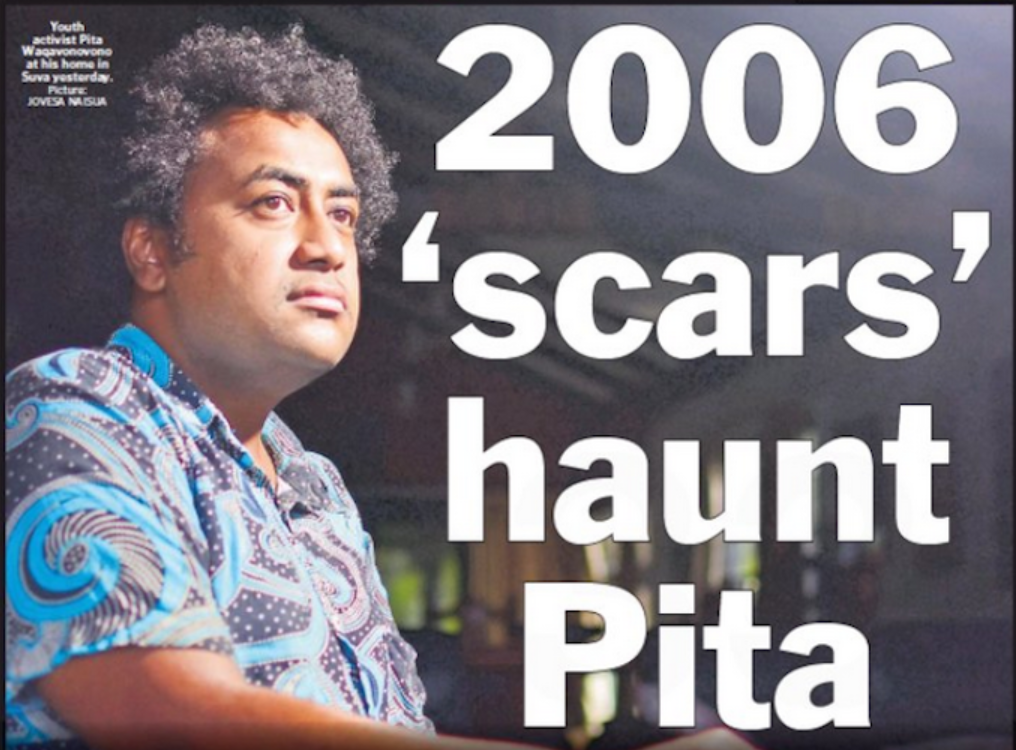Two former senior military officers, Ratu Tevita Uluilakeba Mara and Pita Driti, have apologised to victims of abuse during the events of Christmas Eve 2006, when several members of the so-called “Democracy Five” were allegedly beaten and tortured by soldiers.
The apology took place in a private matanigasau (traditional reconciliation ceremony), attended by some of those who suffered at the hands of the military in the aftermath of the 2006 coup.
Former political activist Pita Waqavonovono, one of the victims, confirmed his attendance and reflected on the ceremony in a heartfelt post on social media.
“I attended this matanigasau totally embarrassed. They had their feelings, mine was total embarrassment,” he wrote. “In the case of Ratu Tevita Mara, I didn’t see him as a soldier — I saw him as my Chief, the Turaga na Tui Nayau, Sau ni Vanua and Tui Lau. He is the highest ranking member of our Mataqali.”
Waqavonovono said he also shared ancestral ties with Pita Driti.
“Then I saw my Vasu, Pita Driti — we share the same ancestral lineages to Yavu, Batiki, Lomaiviti. I no longer saw their uniforms or military titles, I also did not see them for their past, although they sought to reform. That’s when I realized, I had forgiven them,” he said.
He described the gathering as deeply cultural and spiritual rather than legal.
“In our culture as Indigenous Fijians, the act of kere veivosoti or matanigasau — the expression of remorse through oral discussions — is central to how the iTaukei maintain social harmony and mend broken relationships. It’s not justice,” Waqavonovono explained.
He also noted that despite the immunity provisions in the 2013 Constitution, the act of seeking forgiveness carried deep personal meaning.
“Them seeking forgiveness meant a lot — it showed that my culture is alive, and the immunity clause does not help our perpetrators spiritually or psychologically,” he said.
Reflecting on his own experience, Waqavonovono said his faith helped him heal from the trauma of 2006.
“What happened to me on Christmas Eve 2006 and on various arrests afterwards — only God would have helped me get out of all that trauma and keep my family’s stress levels manageable,” he said. “Because what was meant to suppress and silence me — it didn’t work.”



